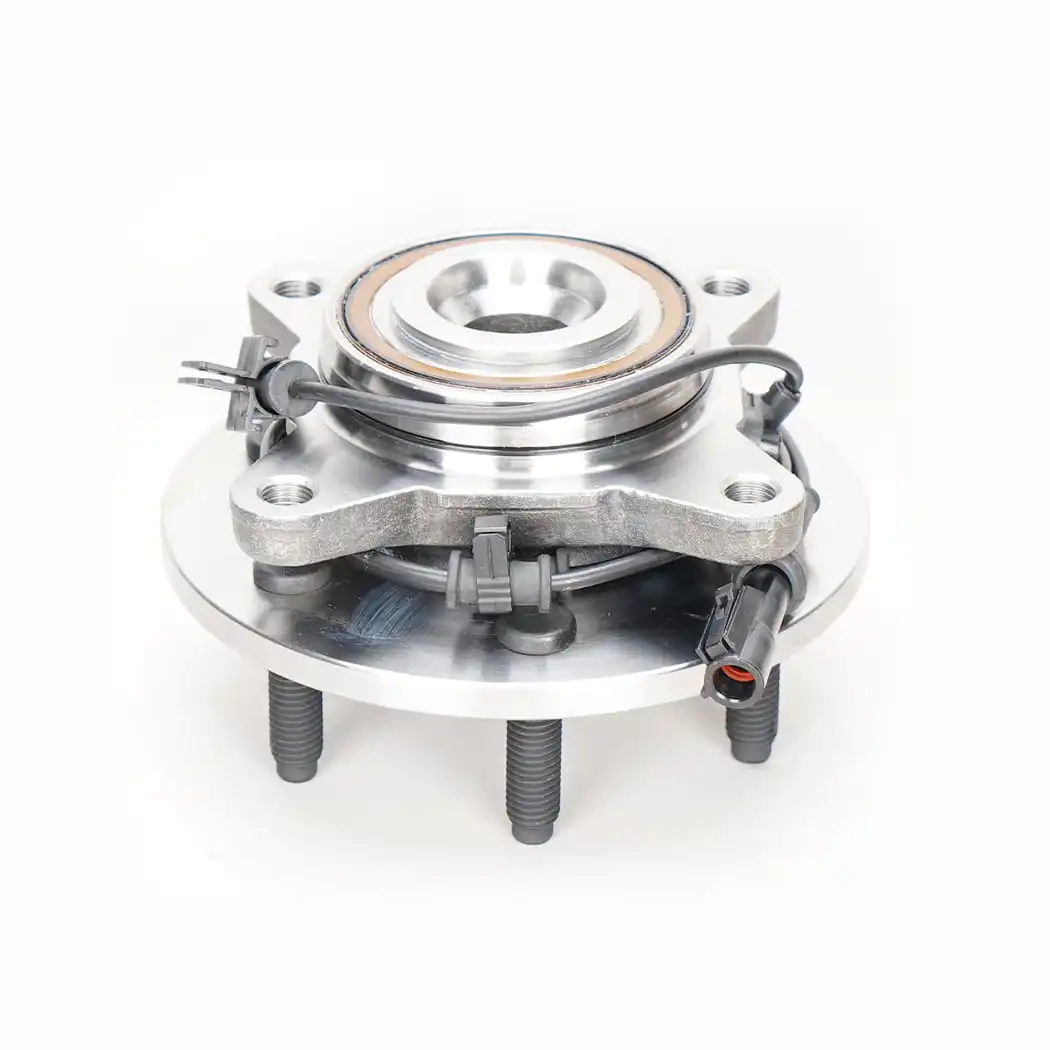When it comes to the safety and performance of your vehicle, wheel bearings play a crucial role. These small yet vital components are designed to support the weight of the vehicle while allowing the wheels to rotate smoothly. Located within the hub of each wheel, wheel bearings reduce friction between the moving parts and contribute to overall driving stability.
Wheel bearings are composed of several parts: inner and outer races, balls or rollers, and a cage that holds the balls in place. This assembly allows for smooth rotation and ensures that your wheels can handle the rigors of daily driving. Over time, wheel bearings can wear out due to various factors, including road conditions, driving habits, and exposure to contaminants like dirt and moisture. Recognizing the signs of a failing wheel bearing is essential for maintaining your vehicle's performance and safety.

Common indicators of a worn wheel bearing include unusual noises, such as grinding or humming, particularly when turning or accelerating. Additionally, you may notice uneven tire wear or a vibration in the steering wheel. If you experience any of these symptoms, it's crucial to have your vehicle inspected promptly. Neglecting a worn wheel bearing can lead to more severe issues, including compromised safety and costly repairs down the line.
When purchasing vehicle wheel bearings, quality should be your top priority. High-quality bearings not only last longer but also enhance the overall performance of your vehicle. As a reputable manufacturer, we utilize advanced materials and manufacturing techniques to ensure our wheel bearings meet or exceed industry standards. Our bearings undergo rigorous testing to guarantee their durability and efficiency, giving you peace of mind on the road.
It's also essential to choose the right type of wheel bearing for your vehicle. There are various designs available, including tapered roller bearings and ball bearings, each with its advantages and specific applications. Tapered roller bearings are commonly used in heavier vehicles, providing excellent load-carrying capacity and stability. In contrast, ball bearings are often found in lighter vehicles, offering smooth performance and ease of installation.